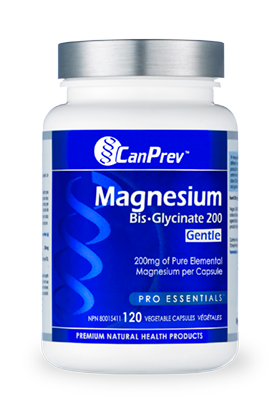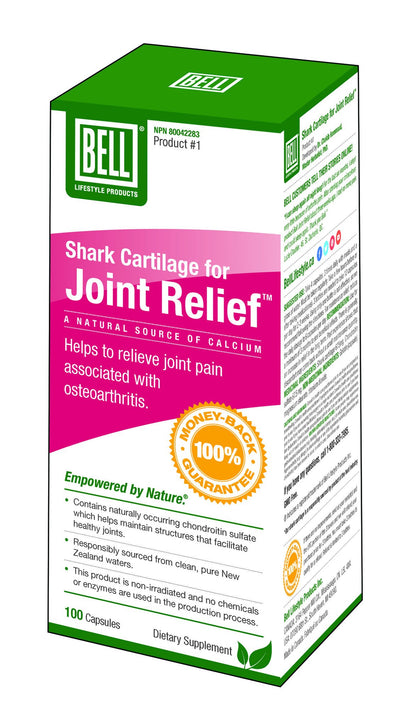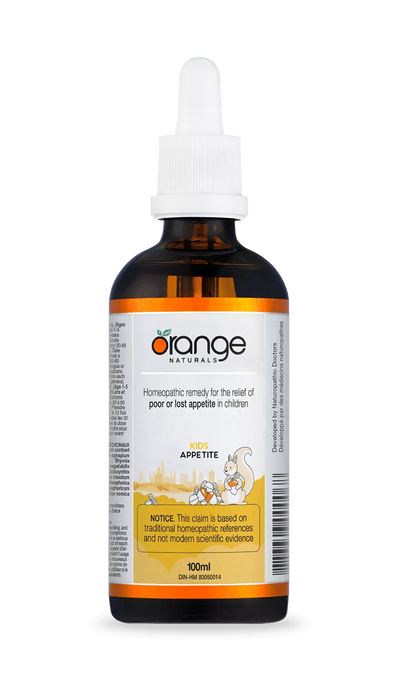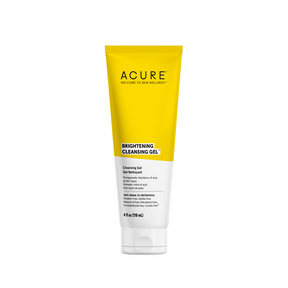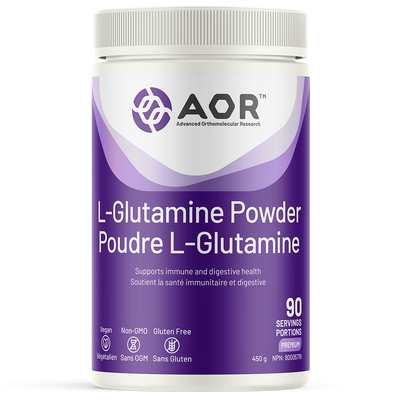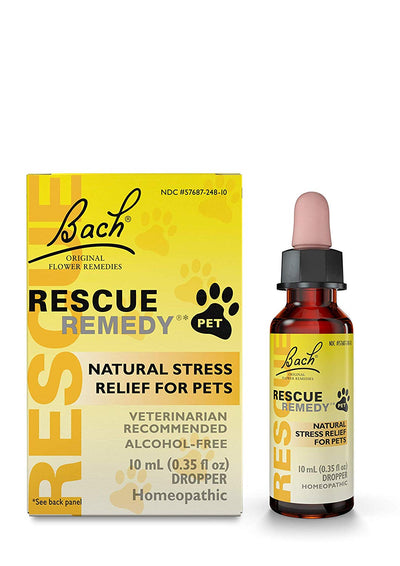Beating the Winter Blues: Natural Solutions for Seasonal Affective Disorder
Reviewed by Aleksandra Morgan, CNP
As the days grow shorter and the temperature drops, many people find themselves feeling more sluggish, irritable, and downright blue. This phenomenon is often referred to as Seasonal Affective Disorder (SAD), a type of depression that occurs with the changing seasons, most commonly during the fall and winter months. While the exact cause of SAD is not fully understood, it is believed to be related to the changes in light exposure, which can disrupt our circadian rhythm and affect our brain's production of certain neurotransmitters like serotonin and melatonin.
Common Symptoms of SAD
- Persistent sadness or low mood.
- Loss of interest or pleasure in activities.
- Fatigue and increased need for sleep, or irregular sleep cycle.
- Difficulty concentrating.
- Changes in appetite and weight gain.
- Irritability and social withdrawal.
Supplements & Their Role with SAD
Luckily, there are natural supplements that can help combat the symptoms of SAD and brighten your mood during the darker days of the year. See some natural remedies for Seasonal Affective Disorder below:
Often referred to as the "sunshine vitamin," vitamin D plays a crucial role in mood regulation. During the winter months, when sunlight exposure is limited, our bodies may become deficient in this essential nutrient. In Canada and other northern regions, the angle of the sun is lower during the winter, leading to reduced sunlight exposure and making vitamin D supplementation very important.
Omega-3 fatty acids, found in fish oil supplements, have been linked to improved mood, especially the ones higher in EPA. They may help regulate neurotransmitter function in the brain and reduce inflammation, both of which can help reduce symptoms of SAD.
CANPREV OMEGA-PRO HIGH EPA 5-1
St. John's Wort is an herbal remedy that has been used for centuries for mood disorders and studies suggest that it is helpful in reducing the symptoms of Seasonal Affective Disorder. Since it can interact with certain medications such as antidepressants (SSRIs), it is important to consult with a healthcare professional before using it.
FRANCIS HERB FARM ST. JOHN'S WORT
Saffron is a spice that has been researched for its potential antidepressant properties due to its mood-enhancing compounds. Some studies suggest that saffron extract may help alleviate symptoms of mood disorders, including those associated with SAD. You can take it in supplement form or add it to your cooking as a spice.
5-HTP (5-Hydroxytryptophan) is a naturally occurring amino acid that serves as a precursor to serotonin, a neurotransmitter associated with mood regulation. Seasonal Depression is believed to be linked to serotonin imbalances, so supplementing with 5-HTP may help boost serotonin levels, potentially alleviating the symptoms of SAD.
Rhodiola rosea is an adaptogen herb that has been studied for its ability to reduce fatigue and improve mood. It may help increase energy levels and reduce feelings of lethargy often experienced with Seasonal Affective Disorder, naturally.
CYTO-MATRIX RHODIOLA ROSEA EXTRACT
Lifestyle Changes to Manage SAD
SAD can cast a dark cloud over the winter months, but in addition to natural supplements there are some lifestyle changes that are also effective in managing Seasonal Affective Disorder.
- Light therapy: Consider using a light therapy box, which emits bright, full-spectrum light that mimics natural sunlight. Exposure to this light for about 20-30 minutes each morning can help regulate your body's internal clock and improve mood.
- Spend time outdoors: Make an effort to get outside during daylight hours, even when it's cold. Sunlight exposure, even on overcast days, can positively impact your mood and help combat SAD.
- Regular exercise: Engaging in physical activity releases endorphins, which are natural mood lifters. Aim for at least 30 minutes of exercise most days of the week, whether it's a brisk walk, yoga, or any activity you enjoy.
- Healthy eating: Consume a well-balanced diet rich in whole foods, including fruits, vegetables, and lean proteins.
- Social engagement: Stay connected with friends and family and engage in social activities as best as you can. Isolation can worsen the symptoms of SAD.
- Mindfulness and relaxation techniques: Practices like meditation, deep breathing, or progressive muscle relaxation can help reduce stress and improve your overall emotional well-being.
- Establish a routine: Try to maintain a consistent daily schedule, including regular sleep patterns. A structured routine can provide a sense of stability and control.
- Manage stress: Identify stressors in your life and work on effective coping strategies. Reducing stress can help prevent the exacerbation of SAD symptoms.
Remember, you're not alone on this journey. Reach out to friends, family, and healthcare professionals for support and guidance. By combining natural supplements with these strategies, you can take a proactive approach to beat the winter blues and enjoy a brighter, more uplifting season.
Disclaimer: The information provided in this blog is for educational purposes only and should not be considered as a substitute for professional medical advice, diagnosis, or treatment. Always seek the guidance of a qualified healthcare provider regarding any medical condition, dietary changes, or supplementation.


